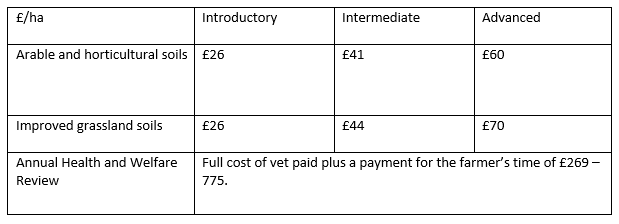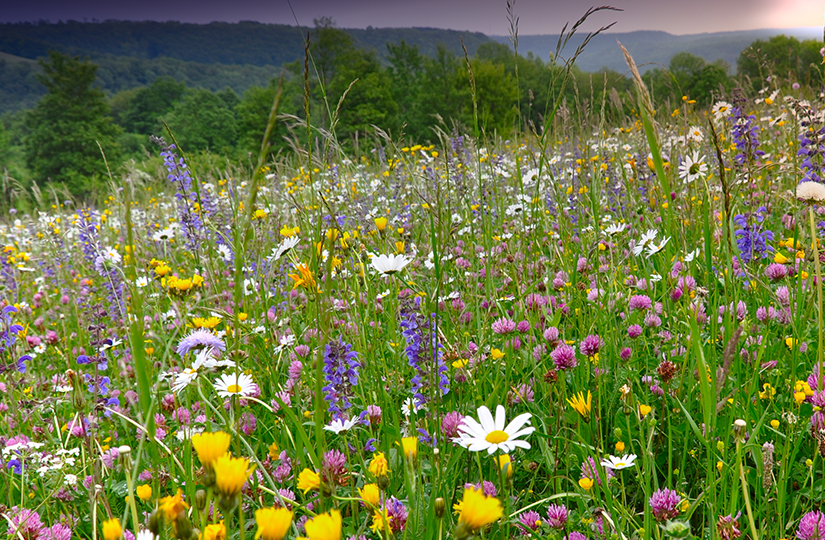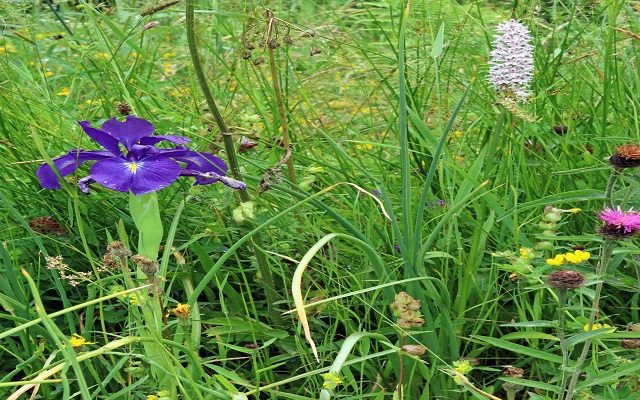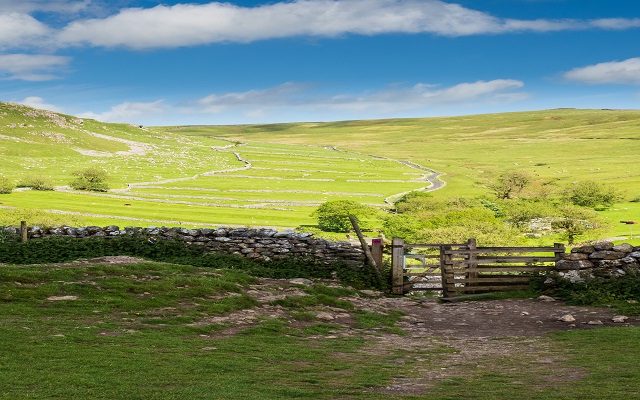Land Business Update Week Commencing 12th July 2021
FARMING AND ENVIRONMENT
Agricultural Transition Plan – the government’s June 2021 progress update
The government published an update on the Agricultural Transition Plan and a second one on the principles it will apply to payments under environmental land management schemes.
Most of the news on the Agricultural Transition Plan relates to the Sustainable Farming Incentive (SFI), which can be considered the basic level of the new Environmental Land Management (ELM) schemes that will replace the current generation of agri-environment schemes. It was confirmed that the pilot will start in October 2021 – but little additional detail on the pilot – and that some core elements of the full scheme will be available from spring 2022 to anyone who claims Basic Payments. The four standards that will be available are:
- arable and horticultural soils standard
- improved grassland soils standard
- moorland and rough grazing standard
- annual Health and Welfare Review
Final versions of the initial set of standards will be published by November 2021 and indicative payment rates for the first year are set out below:

Farmers will be able to take up a SFI agreement on land parcels covered by an existing agri-environment agreement, provided the SFI standard they choose is compatible with that existing agreement and does not result in them being paid twice for similar activities. The plan is to expand the scheme until all elements, which means around 15 standards, are available from 2024 / 25 onwards. The update said that Defra is aiming for at least 70% of farms to participate in agri-environment schemes by 2028 (compared with around 32% now).
The update also said that eventually the SFI will involve each farm having a land management plan, which would be the basis for farmers to decide how, where and when to produce public goods on their land. The plans would then be used as a basis for assessing overall progress towards wider environmental, climate, and animal health and welfare targets. This is very positive as it is only by understanding the likelihood of actions achieving their environmental targets that real progress be made, which will engage a greater proportion of land managers.
The second update was on payment principles under the ELM schemes. This update lacked detail and felt like a restatement of general principles, which are below, while what is needed is detail and concrete commitments so that land managers can make informed decisions:
- Payment rates will be set to encourage wide participation, whilst fairly paying for environmental and climate outcomes.
- Payments should, as far as possible, recognise and pay for outcomes.
- Payments will recognise the value of existing natural assets and won’t disadvantage those who have protected them.
- Payments will allow land managers to earn income from public and private sector sources.
New grants for improving the management of woodland
The Regional Woodland Restoration Innovation Funds are open for applications in the East of England, East Midlands, Yorkshire and the North East areas. This is a relatively small grant with up to £70,000 available in each area for projects that improve biodiversity, conserve threatened species and address problems caused by invasive species, pests and diseases. They are aimed at forestry businesses and conservation organisations who are in a position to help owners better manage their existing woodlands. The grants have closed in some areas (the North West and West Midlands) but we would expect them to reopen in the future.
Pollinators and crop pollination survey
The Game and Wildlife Conservation Trust, NIAB and The University of Kent are partners in an EU-funded project on developing bespoke wildflower mixes to deliver pollination and natural pest control services. An aim is to produce guides and training for farmers on management of pollinators and measurement of pollination. The team is conducting a survey to understand which interventions are attractive and which are not. The survey takes five minutes and is thought provoking.
ENERGY
Scotland to invest £1.5bn to prepare electricity networks for net zero
The investment, by SP Energy Networks, will be made between 2023 and 2028 as reliance on electricity as an energy source is expected to increase from 20% now to around 65% by 2050 due to the transition away from petrol and diesel cars to electric vehicles and electric heat pumps. The work will also include increasing the capacity of the grid as more renewable energy projects are built. SE Energy Networks said that when the current network was built homes used gas or solid fuel for heating with only twenty appliances running on electricity – compared with more than fifty now.
Greenhouse gas pricing rebate being considered by UK government
The carbon tax-pricing scheme system being considered would pay a rebate to all households from the money raised by a tax on high carbon fuels like gas and oil. The rebate would be paid regardless of an individual’s emissions, so that consumers who continued to use gas would have any increase to their bills covered by the payment and those who switch to cheaper (lower taxed) green energy would still get the full payment, meaning they could pocket the difference. The idea is based on a Canadian initiative that was introduced in 2018 and is funded by a carbon tax of C$30 (£17) per tonne (in 2020). An attraction of the pricing system is that it is progressive, as wealthier households tend to spend more on heating and other activities that generate carbon emissions.
RURAL ECONOMY AND PROPERTY
Culture Recovery Fund third round – England only
The £80m fund is open to organisations in the cultural, heritage and creative sectors and is available to pay for costs that enable the organisation to remain open, reopen or partially reopen in England. Details of Round 3 are yet to be published but the grant range was between £25,000 and £3,000,000 for Round 2. Previous rounds have had short periods when they are open for applications so speak to your local S&P team about whether to submit an application.
Right to rent checks have changed in England from 1st July 2021
Landlords who let property without carrying out the correct right to rent check or who rent their property to someone who does not have the right to rent could face a civil penalty. From 1st July, EU, EEA and Swiss citizens need to prove their rights in the UK using the online checking service or with a physical immigration document. Please contact Jess Waddington for further details.
More farmers diversifying, according to NFU survey
The NFU’s regular survey found more farmers starting new enterprises. 37% of farmers surveyed were operating non-farming activities, which is significantly up on previous years’ findings. Renewable energy was the most popular non-farming enterprise, followed by non-holiday property letting. Holiday accommodation was in third place, followed by livery / equestrian, farm shops and caravan / camping sites. 11% of farmers yet to diversify say they now plan to do so in the next five years. Please contact Ed Mansel Lewis for professional, experienced advice on identifying and developing diversification opportunities that are appropriate to your land, location and personal interests.






